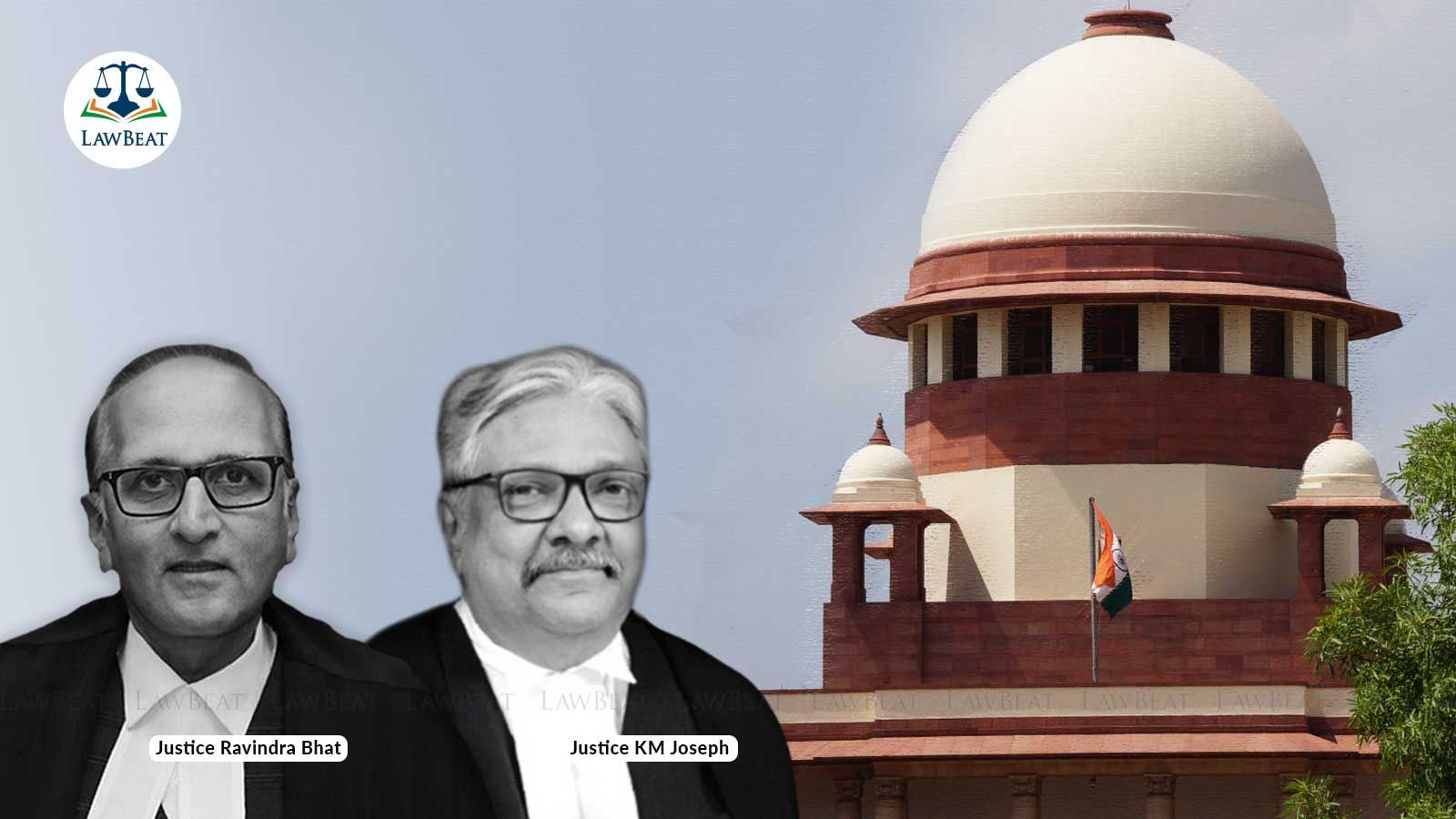Prosecution must produce all relevant materials in case where death sentence is asked for: Supreme Court

At the stage when the trial court is informed that the prosecution intends to press for imposition of capital sentence, the psychiatric and psychological evaluation of the accused, should be insisted upon; the state is under a duty to present all objective materials, Court has observed.
Supreme Court of India has held that wherever the prosecution is of the opinion that the crime an accused is convicted for, is so grave that death sentence is warranted, it should carry out the exercise of placing all the materials for evaluation.
"In case this results in imposition of death sentence, at the stage of confirmation, the High Court would have the benefit of independent evaluation of these materials. On the other hand, if death sentence is not imposed, then, the High Court may still be in a position to evaluate, if the sentence is adequate, and wherever appropriate and just, impose a special or fixed term sentence, in the course of an appeal by the state or by the complainant/informant", a bench of Justices S Ravindra Bhat and KM Joseph has held.
Given the imperative need for such material to form a part of the court’s consideration, the Supreme Court has emphasized that in case the trial court has failed to carry out such exercise (for whatever reason), the High Court has to call for such material while considering an appeal filed by the state or complainant for enhancement of sentence (whether resulting in imposition of capital punishment, or a term sentence).
The division bench has further observed that if considerable time has elapsed since the trial stage at which this exercise of providing all relevant material was undertaken, the appellate court should direct that a fresh attempt be made, to take into account the contemporaneous progress, if any, made by the convict.
These observations were made by the Supreme Court while noting that whenever the state proposes and urges for imposition of death sentence, it has to, per force provide material to facilitate the court to carry out the exercise of balancing the aggravating factors with the mitigating circumstances – the test propounded in Bachan Singh and examined in many cases; the recent trend being that the reformative element acquires equal attention.
It was also noted that since this exercise is mandated whenever a heinous capital crime is committed, at the stage of conviction, the court has no idea that the prosecution may urge for capital sentence, and thus,
"When that stage occurs, and the prosecution seeks a capital sentence, the court has to carry out the exercise of conducting a review of aggravating circumstances (which are already on the record, being factors that lead to the conviction of the accused) and balancing the mitigating circumstances (which are not matters of the record and have to be adduced by the prosecution and the accused)."
In the case before Court, the appellant-accused had kidnapped the deceased, an 18-year-old boy, and sought ransom in exchange. The prosecution was able to prove that these appellants strangulated the kidnapped boy, burnt his body to eliminate evidence, and disposed of the body in a nala.
A fixed term sentence of 30 years, without remission, was imposed on the accused.
After relying on various aspects like family background, psych evaluation, Supreme Court has noted that a strong case was made out in support of the appellants’ probability of reform and reintegration into society.
"In view of the totality of the facts and circumstances, and for the above reasons, this court is of the opinion that it would be appropriate to modify the sentence awarded to both appellants to a minimum term of 20 years actual imprisonment. The appeals are partly allowed in the above terms", thus ordered the bench
Case Title: VIKAS CHAUDHARY vs. THE STATE OF DELHI
